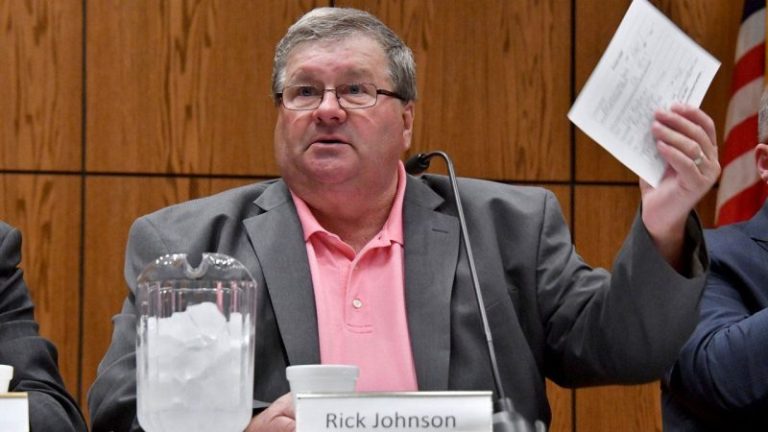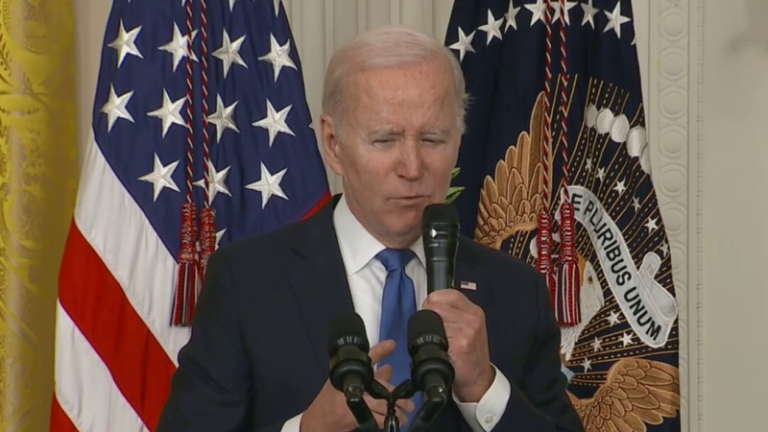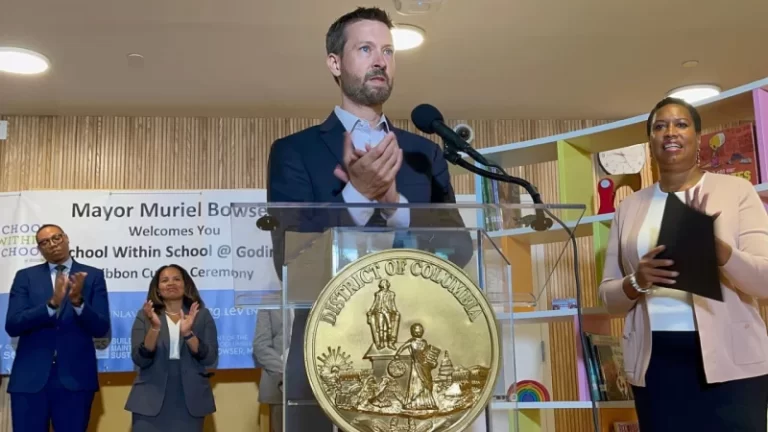Republicans’ quest to resume executions in South Carolina overcame another hurdle Thursday.
The state Senate Corrections and Penology Committee approved a bill that would shield the identities of the companies that dispense the drug cocktail used to execute people on death row. The full Senate must now take up the latest effort in the state’s search for a method of capital punishment.
South Carolina has gone nearly 12 years without an execution. Recent sessions have seen futile attempts to begin executing the state’s death row prisoners — who now total 35 condemned people, including one man whose sentence dates back to 1983, according to a Feb. 2 South Carolina Department of Corrections list.
South Carolina’s last batch of lethal injection drugs have not been replenished since the supply expired in 2013. In lieu of that method, Gov. Henry McMaster in 2021 signed a law giving condemned prisoners the choice between death by a newly created firing squad or the electric chair.
But that law has been placed on hold amid a challenge from death row prisoners who have argued both methods are unconstitutionally cruel and unusual punishments.
The availability of lethal injection drugs has loomed large in that case. The state Supreme Court recently compelled a judge to collect more information on the state Department of Corrections’ attempts to obtain them. The justices said state lawyers failed to answer how or when officials had sought the drugs during oral arguments last month.
Republican leaders have said drugmakers fearing public pressure from opposing activists are unwilling to sell to the state because South Carolina lacks a statute concealing their identities.
Fourteen states have carried out nearly 90 lethal injection executions in the past five years, including Texas, Alabama and Florida. Many have shield laws. Some do not.
States across the country have adopted such secrecy laws over the past decade. Similar measures have been passed in Virginia, Georgia, Ohio, Missouri and Arkansas.
The debate in South Carolina adds to the near constant scrutiny over the death penalty around the country. A Tennessee report issued late last year found the state had failed to property test lethal injection drugs before their usage.
As part of its vote Thursday, the Senate Corrections and Penology Committee stripped the proposal of language that Sen. Greg Hembree of Horry said has still given pharmaceutical companies’ cold feet in other states with similar laws.
The original draft allowed courts to compel identifying information upon ‘good cause.’ By removing that clause, Hembree’s amendment seeks to protect that information from disclosure during any legal processes.
‘The effort is to provide that very, very strong defense or shield for those persons on the execution team or providing those substances needed for lethal injection,’ he said.
Democratic and Republican senators raised concerns that such sweeping protections would prevent courts from acquiring key details in critical situations like botched executions. Hembree said the shield could still be pierced in such ‘exceptional circumstances.’
Those concerns were shared by Joshua Malkin, a lobbyist for the ACLU of South Carolina. Malkin said the amendment’s passage was a loss for accountability.
‘This isn’t even about the death penalty. This is about government transparency,’ Malkin said. ‘Even folks that the state has determined are condemned to die deserve some standard of decency.’










